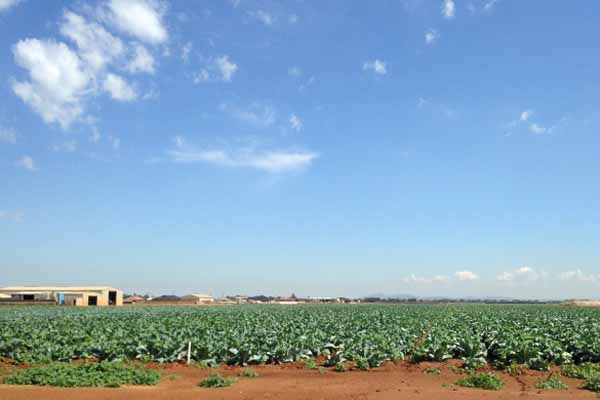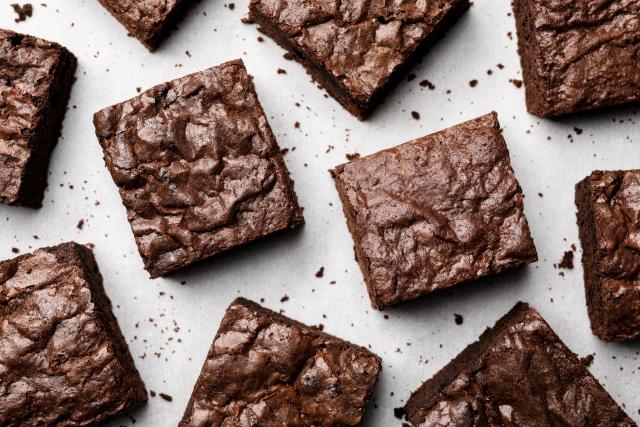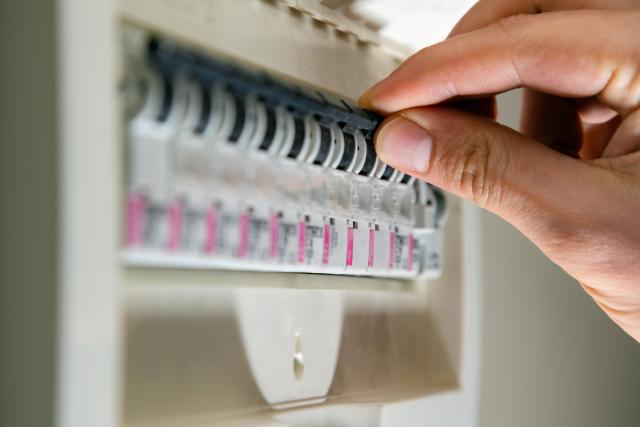A solution to Werribee South farmers’ water woes could be near if a state government policy is enacted.
The policy, Water for Victoria, released last week, identifies the Werribee River as one of the state’s 36 priority waterways, listing its environmental, economic, cultural and social values.
Among submitters to the policy development was a Werribee South steering group, which flagged concerns about the sustainability of the Werribee Irrigation District.
The submission highlighted a shortage of water for irrigation from the Werribee River, a ban on pumping water from bores on farming properties and “unacceptably high” salt content in the available recycled water.
State Water Minister Lisa Neville said reliable irrigation supply had been identified as one of the targeted 30-year outcomes for the Werribee River.
“The strategy also addresses the issues of declining water availability and saline water facing irrigators in Werribee district,” she said.
Ms Neville said an irrigation system upgrade, partially funded in the state budget, would also assist farmers “by preserving more low-salinity river water, not losing it from seepage through channels, and establishing an environmental entitlement that will improve the river’s health”.
She also flagged a salinity working group, in a three-way partnership between Melbourne Water, Southern Rural Water and City West Water, as a way to explore options to reduce salinity of the water supply.
She said Southern Rural Water had secured 3000 megalitres of low-salinity water from the Macalister system which would assist Werribee and Bacchus Marsh irrigators in times of need.







